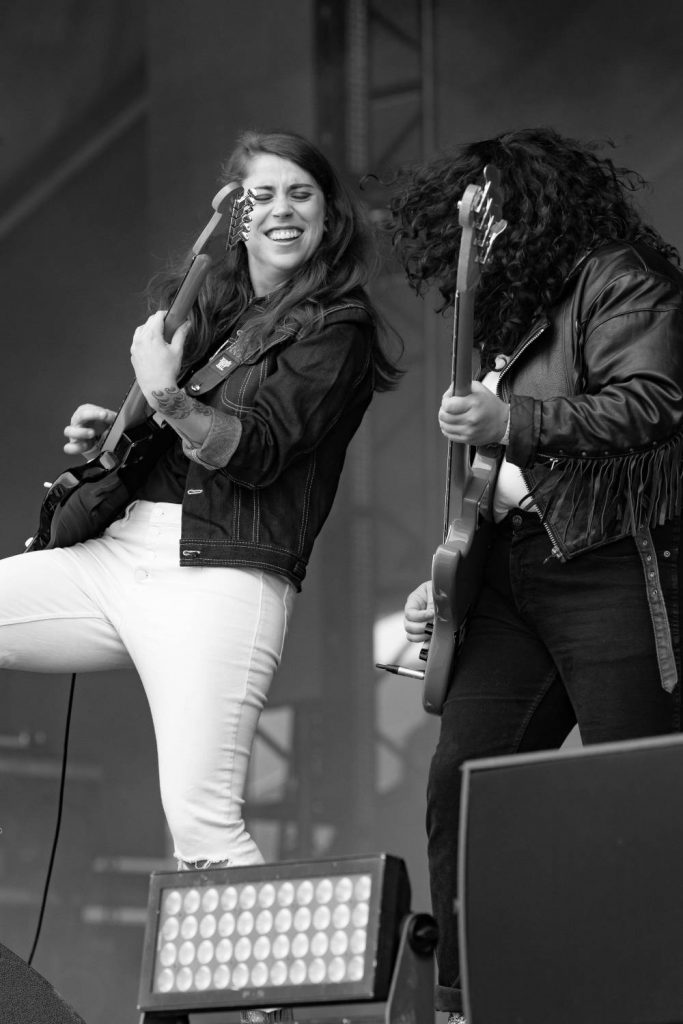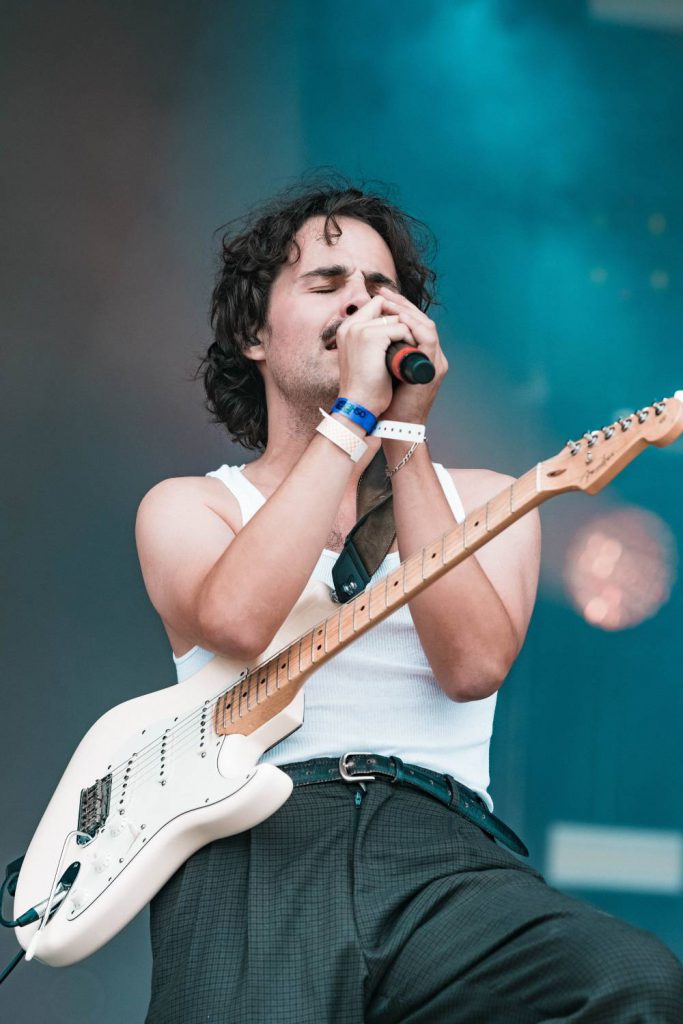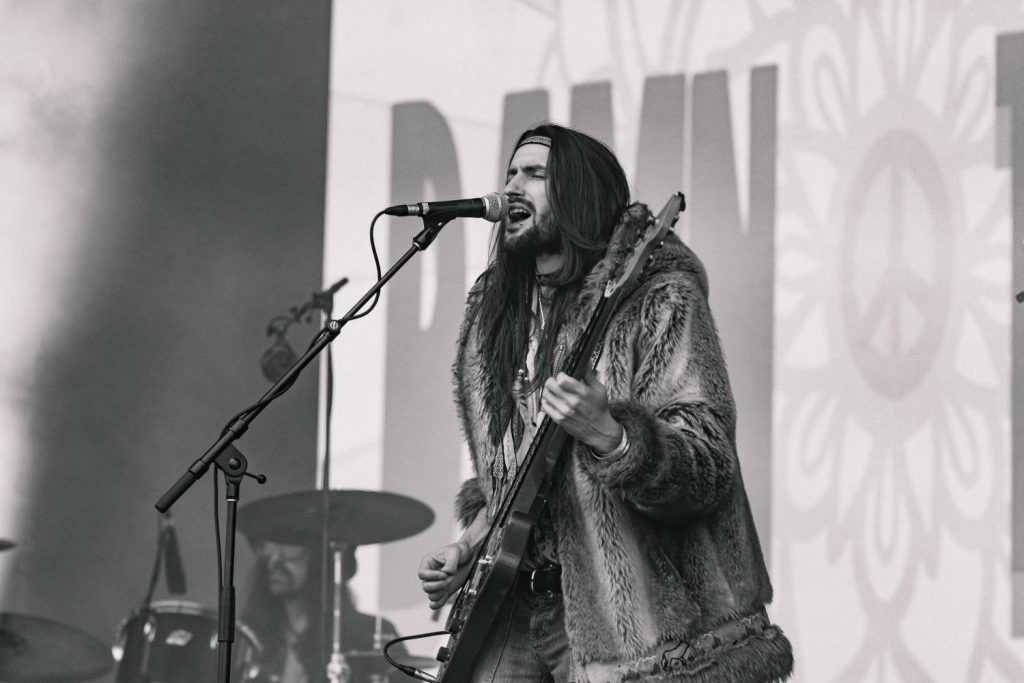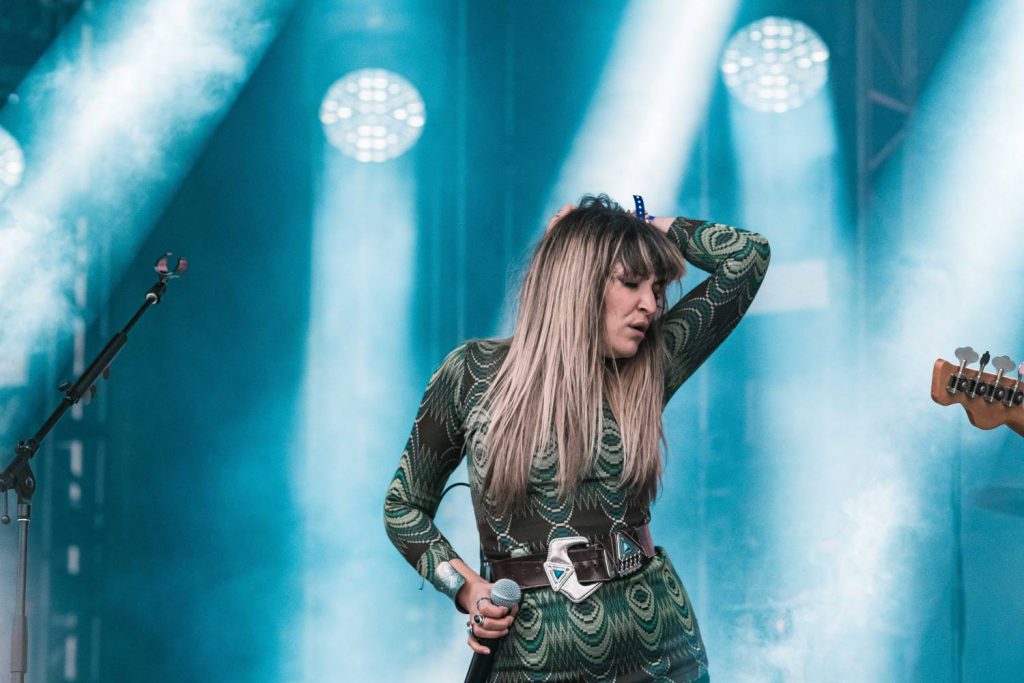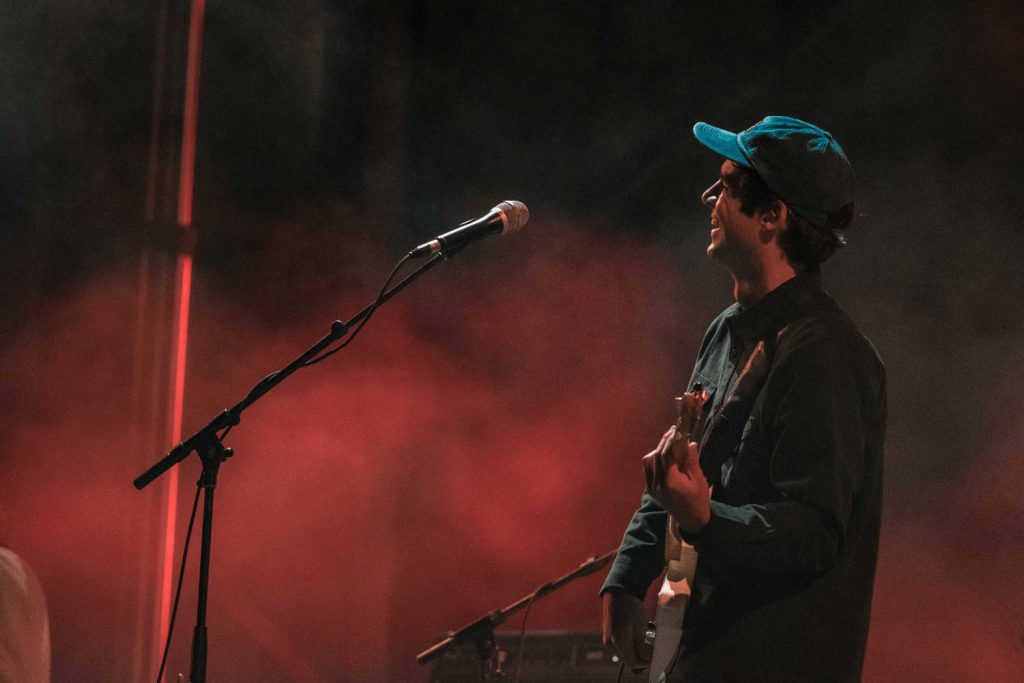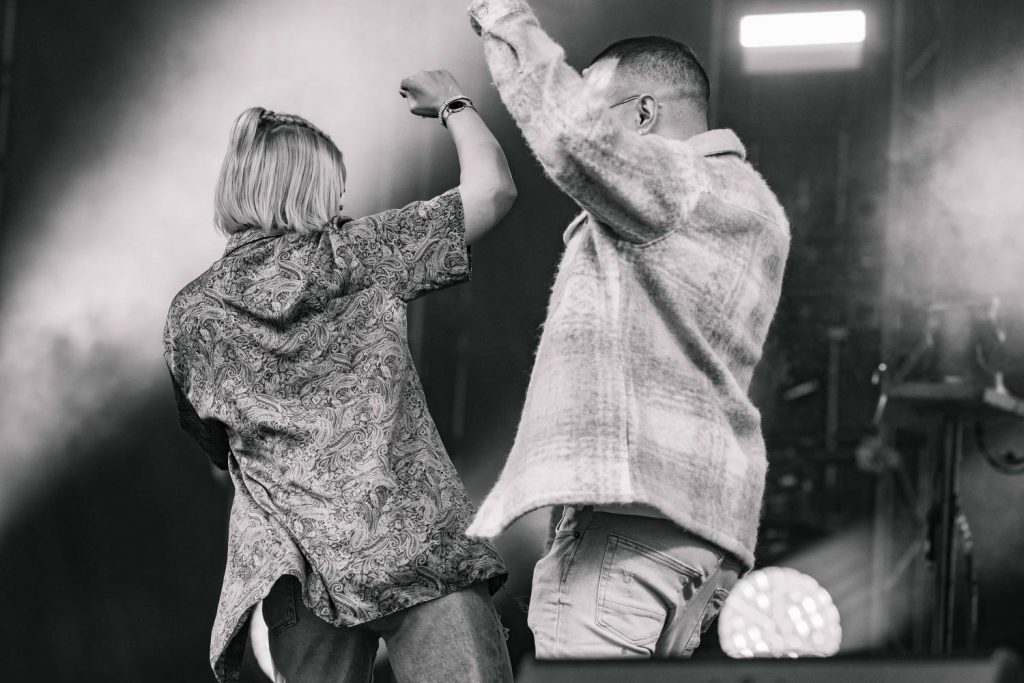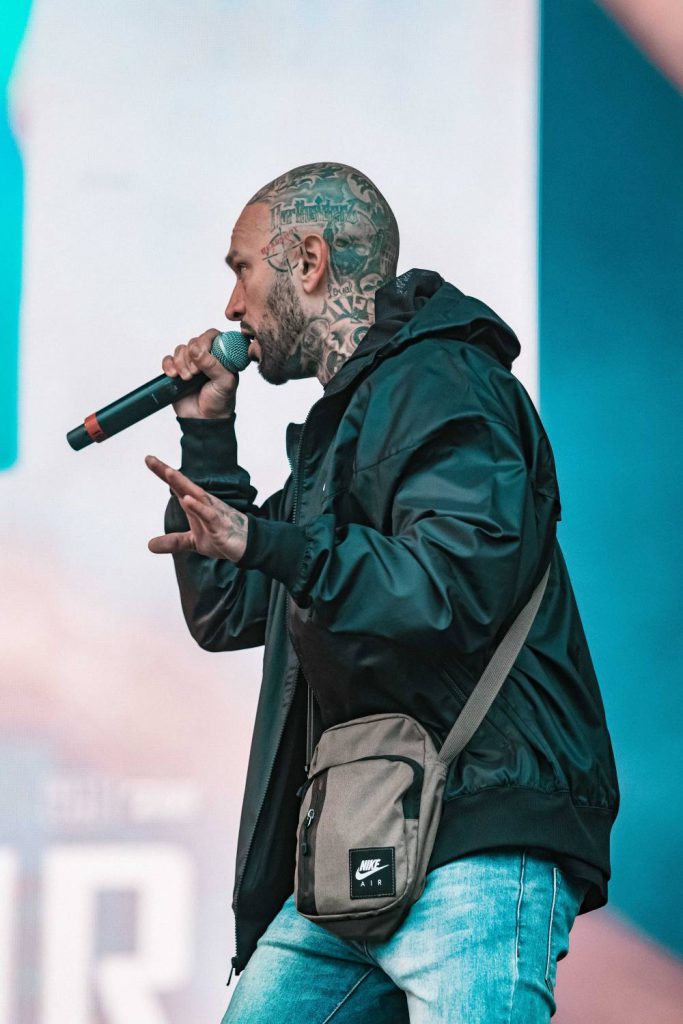Live music is back! The Osheaga festival in Montréal celebrated its return to a “live-in-person” event with performances from Haviah Mighty, QCULTUR, Faouzia, DVSN, July Talk, Zach Zoya, Souldia, Valence, Geoffroy, The Damn Truth, Les Shirley, and AXLAUSTADE. Check out our photos from the event below, all captured by SOCAN’s Marie-Michèle Bouchard.
- Faouzia
- Les Shirley
- Valence
- AXLAUSTADE
- AXLAUSTADE
- The Damn Truth
- The Damn Truth
- July Talk
- July Talk
- Geoffroy
- Geoffroy
- DVSN
- DVSN
- Haviah Mighty
- QCLTUR
- QCLTUR
- QCLTUR
- Souldia
- Zach Zoya
- Zach Zoya

